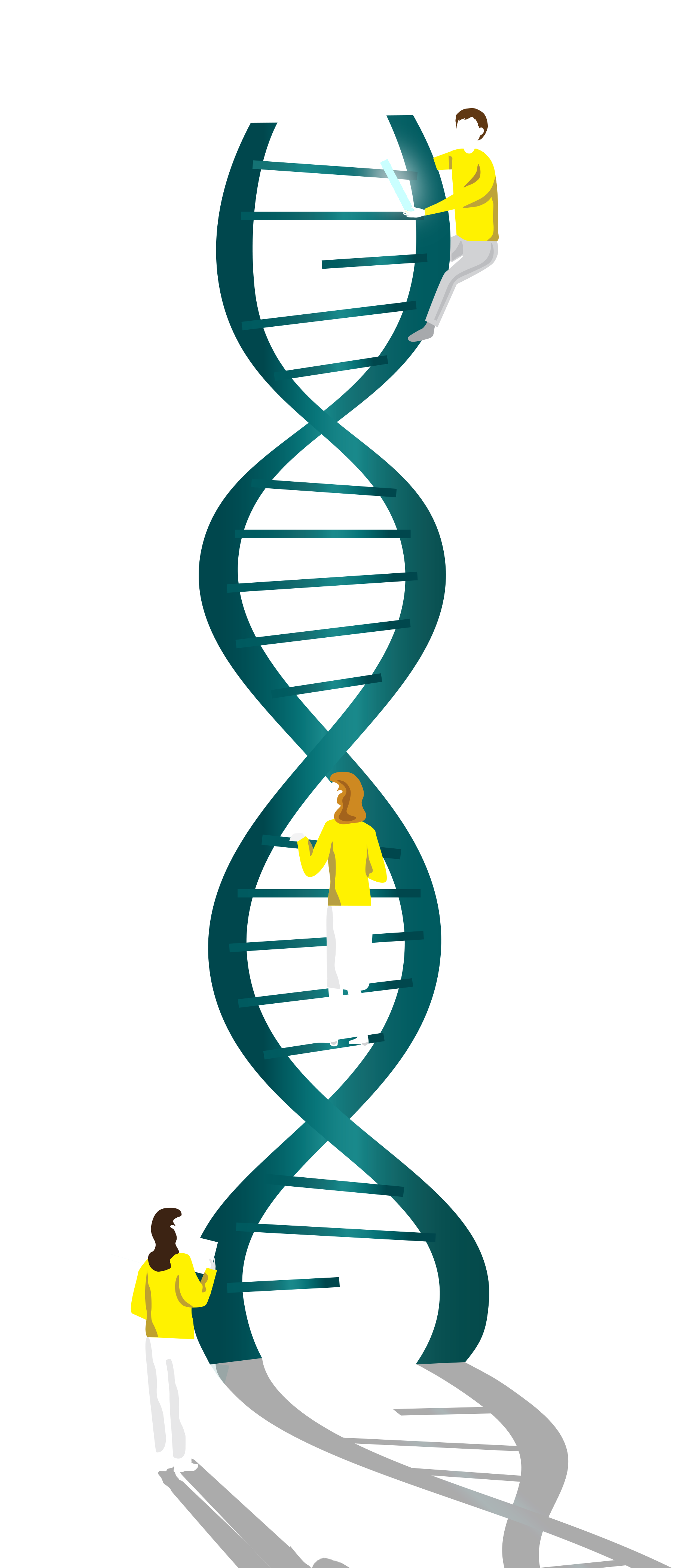
Join us for the 20th Anniversary of the annual EMBL PhD Symposium. Since its
conception in 1999, the EMBL PhD Symposium has evolved into a highly respected
scientific meeting, connecting young researchers and high-profile scientists
alike. This year, we invite you to celebrate revolutionary ideas in molecular life sciences
and explore the game-changing ideas that are shaping the face of modern science.
Over the last decade, we have seen many breakthroughs in the life sciences, much
of these the consequence of collaborative, multi-disciplinary research. This
year’s annual symposium will celebrate some of these breakthroughs, and share
and discuss the up-and-coming ideas in science. We have an exciting line up of
speakers confirmed from Nobel Laureate Professor Stefan W. Hell, to celebrated
author Professor Nick Lane, to project leader of the ATLAS Experiment
at CERN, Dr Pippa Wells.
The meeting aims to showcase exciting and groundbreaking research, from Master's
projects all the way to Nobel Prize winning work. It is an opportunity to meet
the game changers in modern science and to network with the next generation of
scientists. With a broad theme, we hope to encourage many young researchers from
across the sciences to showcase their research, stimulate cross-disciplinary
discussion and meet scientists from diverse backgrounds to share ideas.
Come and join us at the 20th EMBL PhD Symposium, for three
days of exciting and game-changing science.
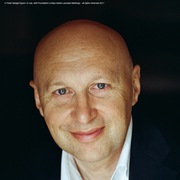 Stefan W. Hell
Stefan W. Hell
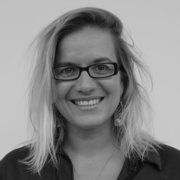 Claire Wyart
Claire Wyart
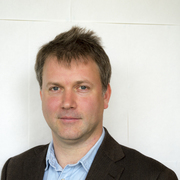 Ewan Birney
Ewan Birney
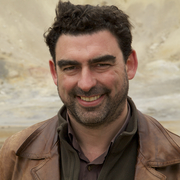 Nick Lane
Nick Lane
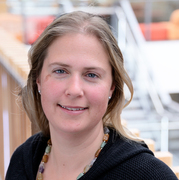 Sarah Teichmann
Sarah Teichmann
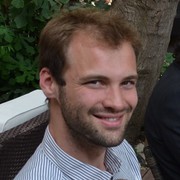 Martin Lenz
Martin Lenz
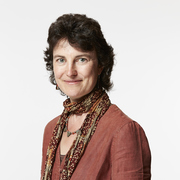 Rebecca Fitzgerald
Rebecca Fitzgerald
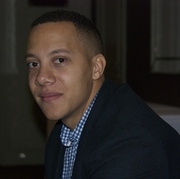 Chibeza C. Agley
Chibeza C. Agley
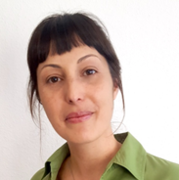 Julia Mahamid
Julia Mahamid
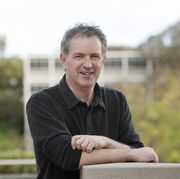 Hugh Kearns
Hugh Kearns
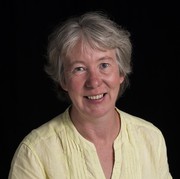 Pippa Wells
Pippa Wells
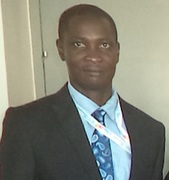 Amos Abolaji
Amos Abolaji
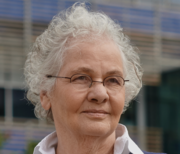 Christiane Nüsslein-Volhard
Christiane Nüsslein-Volhard
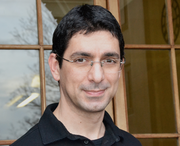 George Kassiotis
George Kassiotis
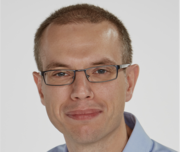 Martin Jinek
Martin Jinek
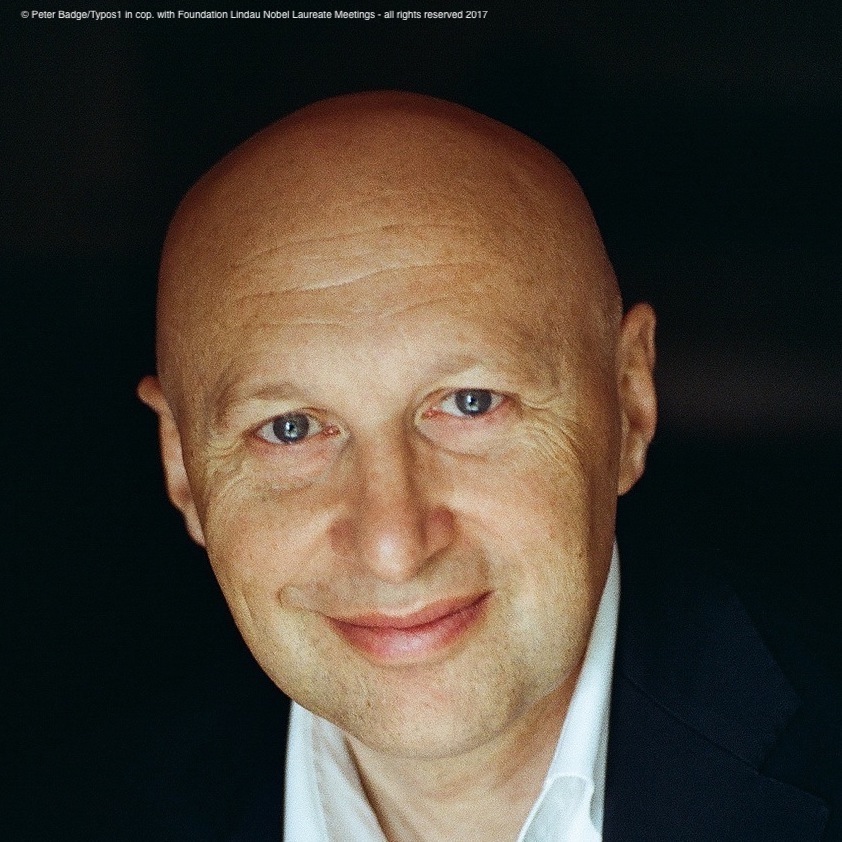
Max Planck Institute for Biophysical Chemistry & Max Planck Institute for Medical Research - Germany
Stefan W. Hell is a director at the Max Planck Institute for Biophysical Chemistry in Göttingen and at the Max Planck Institute for Medical Research in Heidelberg. He is credited with having conceived, validated and applied the first viable concept for breaking Abbe’s diffraction-limited resolution barrier in a light-focusing microscope. He has received several awards for his game changing work, including the 2014 Kavli Prize in Nanoscience and the Nobel Prize in Chemistry.
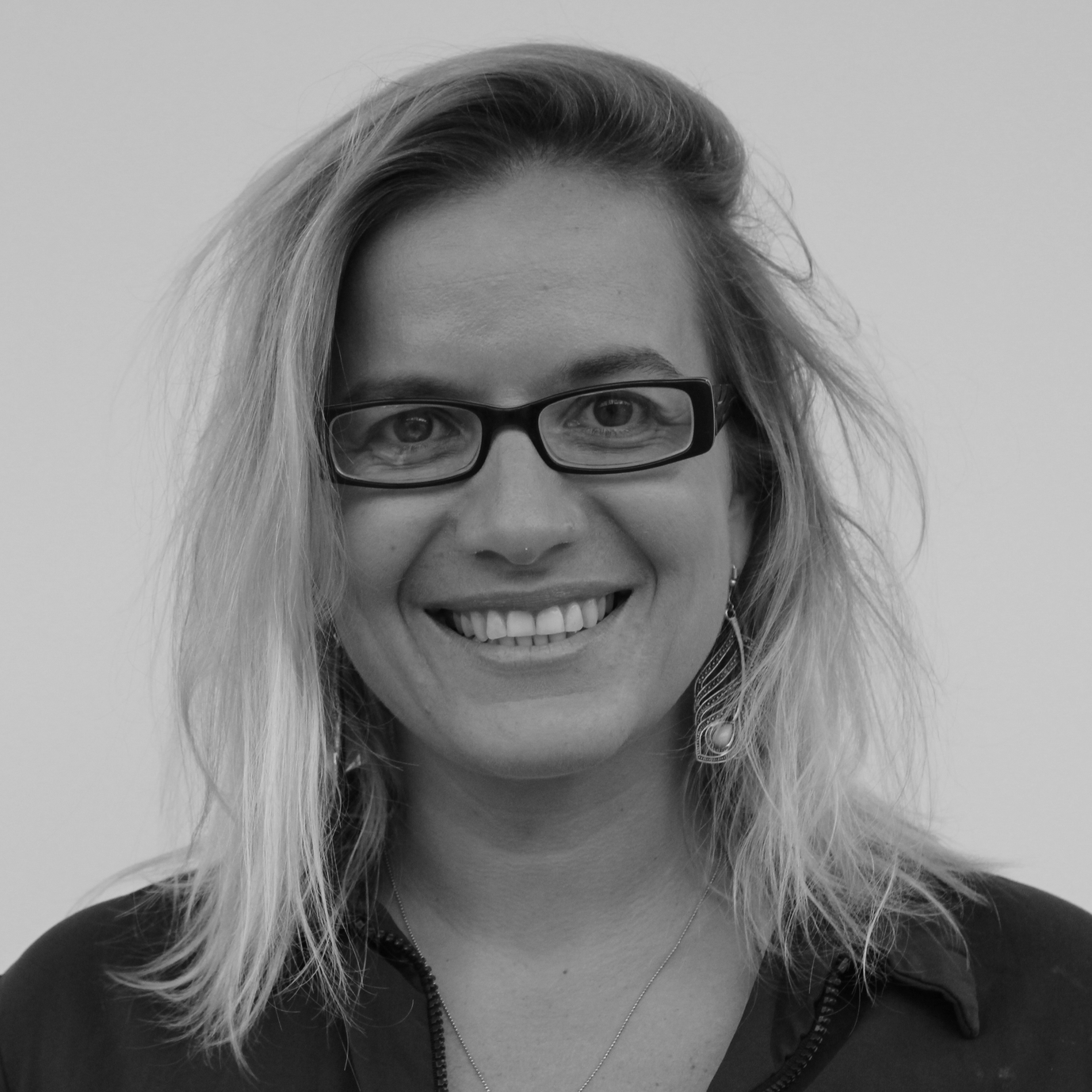
EMBO Young Investigator Lecture
Institut du Cerveau et de la Moelle épinière – ICM (Brain & Spine Institute) - France
Claire Wyart is a group leader at the Brain and Spinal Cord Institute (ICM). She is developing methods for monitoring and manipulating neuronal activity in the zebrafish larva to study the integration of information from the brain, the periphery and the internal cues into neuronal circuits that modulate locomotion and posture as a function of our inner physiological states. Claire is the recipient of a number of prestigious awards and prizes, including the 2016 New York Stem Cell Foundation Robertson Innovation in Neuroscience Award and the 2017 Young Investigator Award from the European Molecular Biology Organisation.
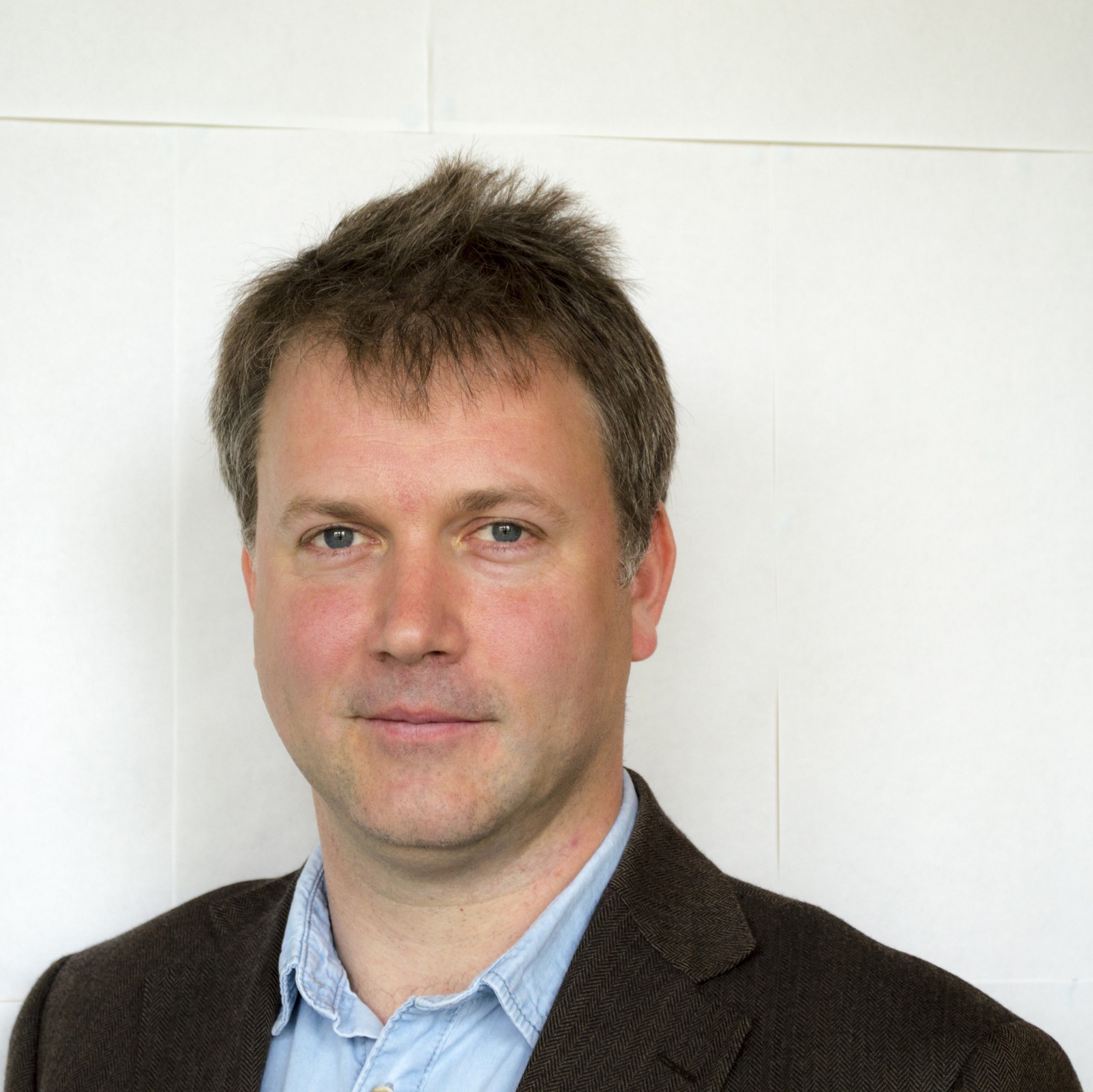
EMBO Keynote Lecture
European Bioinformatics Institute (EMBL-EBI) - UK
Ewan Birney is Director of EMBL-EBI (together with Dr Rolf Apweiler) and a Fellow of the Royal Society. He played a vital role in annotating the genome sequences of human, mouse and several other organisms and led the analysis group for the ENCODE project. He has received a number of prestigious awards for his work including the 2003 Francis Crick Award from the Royal Society. Ewan is also a consultant and advisor to a number of companies including Oxford Nanopore Technologies.
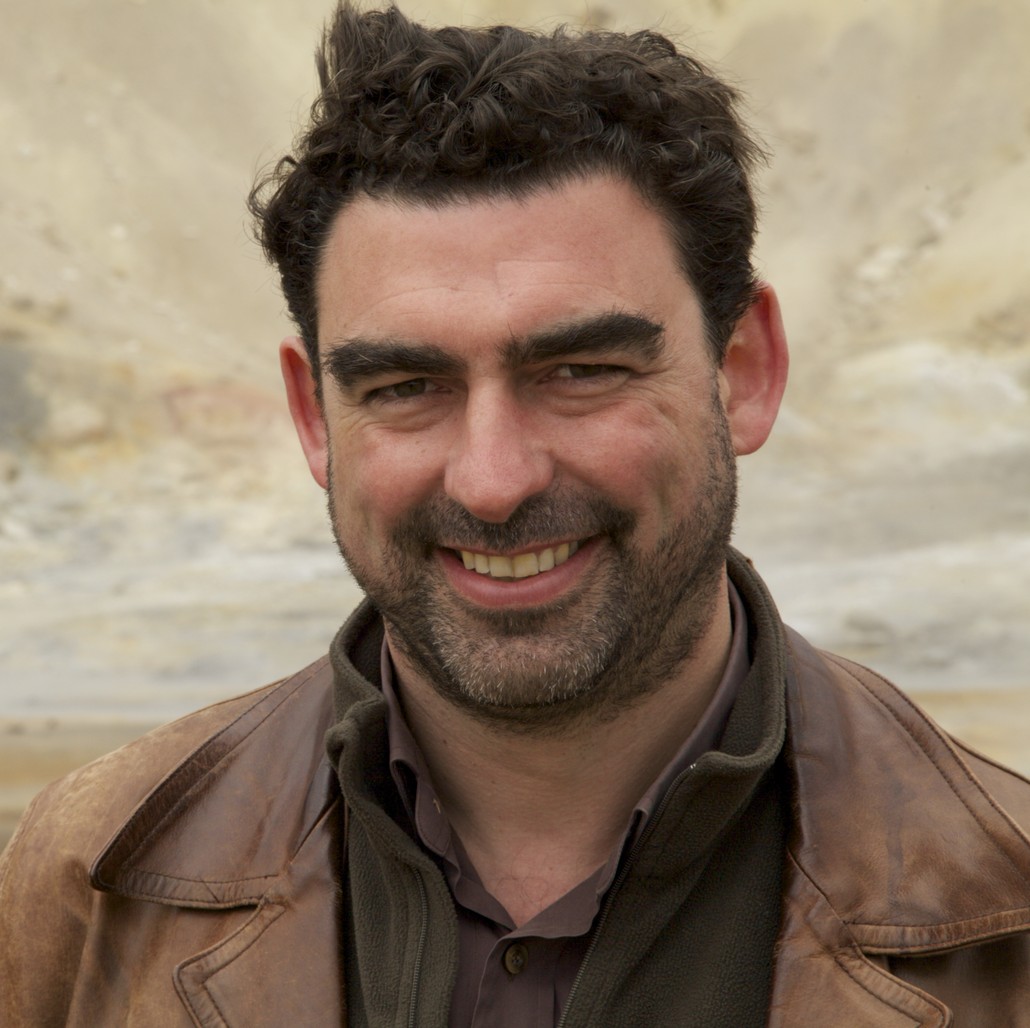
University College London - UK
Nick Lane is Professor of Evolutionary Biochemistry in the Department of Genetics, Evolution and Environment at University College London. Professor Lane predominantly works to investigate how energy flow has shaped evolution over four billion years, using a mixture of theoretical and experimental work to address the origin of life, the evolution of complex cells and downright peculiar behaviour such as sex. He was a founding member of the UCL Consortium for Mitochondrial Research, and is Co-Director of the UCL Centre for Life’s Origin and Evolution (CLOE). He has received numerous awards, including the 2016 Royal Society Michael Faraday Prize and Lecture, the UK’s premier award for excellence in communicating science. Professor Lane has written four celebrated books for the general public, which have been translated into 30 languages.
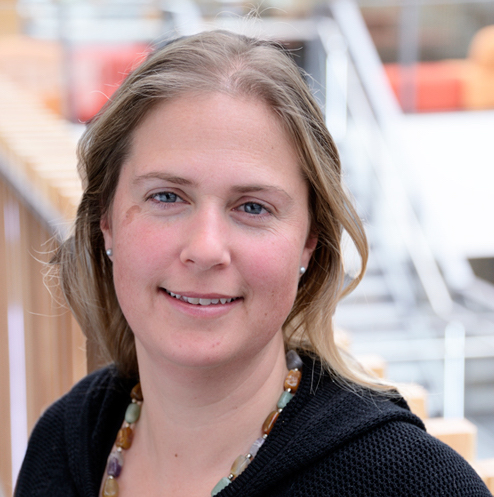
Supported by the Biochemical Society
Wellcome Sanger Institute - UK
Sarah Teichmann is Head of Cellular Genetics at the Wellcome Sanger Institute, and co-chair of the Human Cell Atlas Consortium. Her research focuses on deciphering the immune system with genomics and bioinformatics approaches on the single cell level. Sarah is also a Director of Research in the Cavendish Laboratory, University of Cambridge and Senior Research Fellow at Churchill College. Her work has been recognised by a number of international awards including the Lister Prize and the Biochemical Society Colworth Medal.
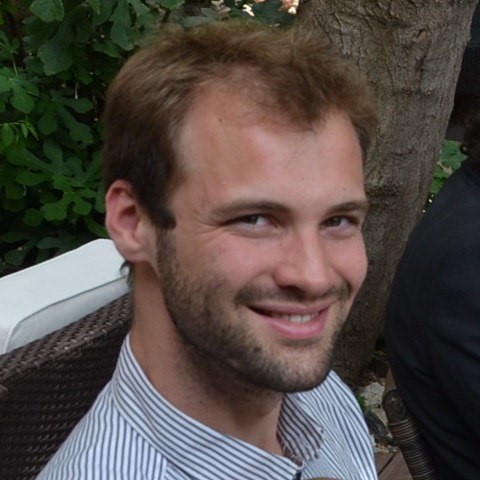
EMBO Young Investigator Lecture
LPTMS, CNRS & University Paris-Sud - France
Martin Lenz is a group leader at the National Center for Scientific Research (CNRS) and Université Paris-Sud. By producing robust theoretical results insensitive to unknown molecular detail, he aims to understand the non-equilibrium mechanisms responsible for the dynamics of the cytoskeleton and the mechanics of protein-induced cell membrane remodelling. Martin has received a number of prestigious awards for his work including the 2016 Young Investigator Award from European Molecular Biology Organisation.
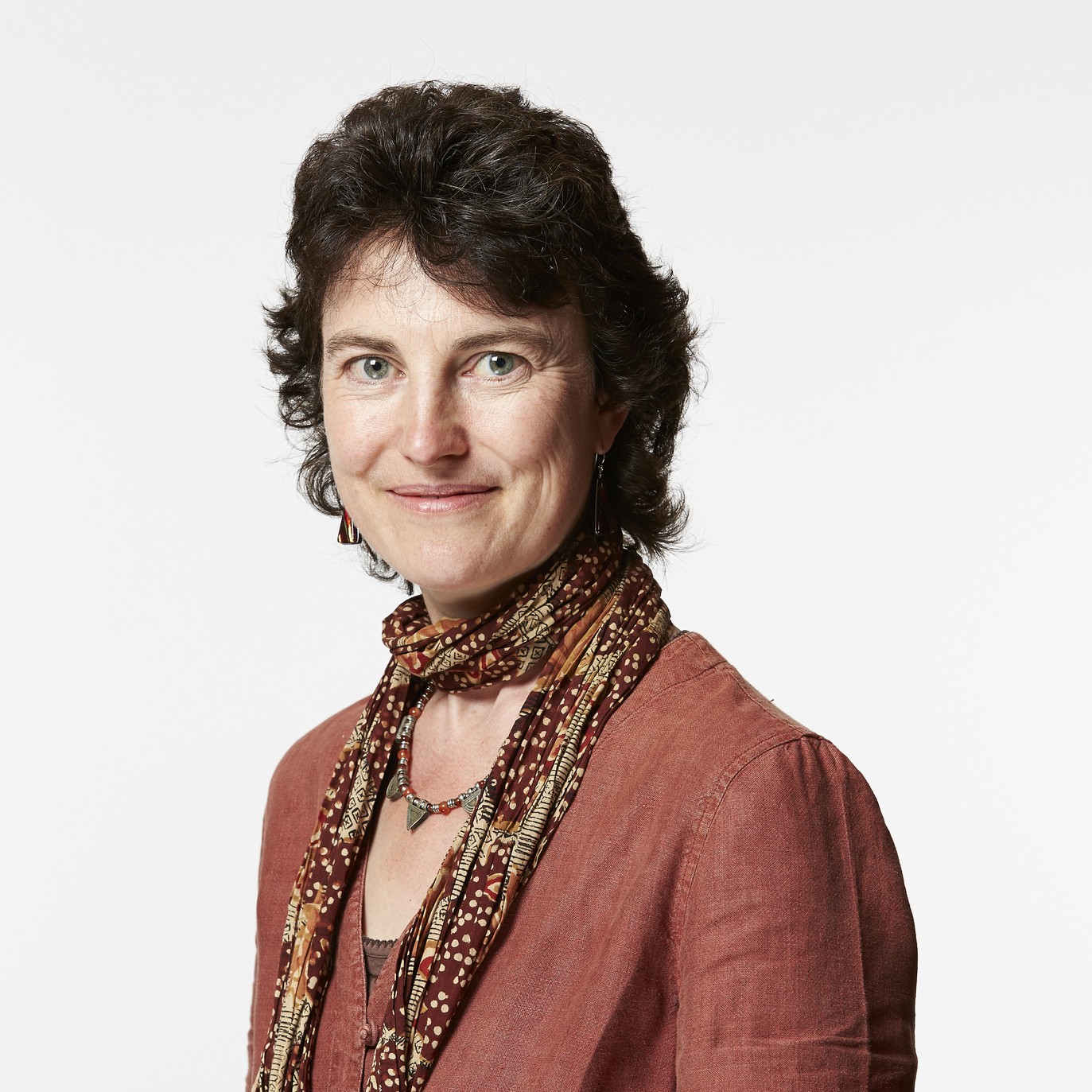
MRC Cancer Unit, University of Cambridge - UK
Rebecca Fitzgerald is Professor of Cancer Prevention at the University of Cambridge. Rebecca continues to practice medicine and is an Honorary Consultant in Gastroenterology, Addenbrooke’s Hospital Cambridge. The focus of her research is to improve methods for early detection of oesophageal cancer through better understanding of the molecular pathogenesis. Rebecca was awarded the prestigious Westminster medal and prize for her first proof of concept work on the Cytosponge™ and associated assays for diagnosing Barrett’s oesophagus in 2004. Rebecca is committed to bringing research advances into clinical practice and inspiring other researchers to do likewise.
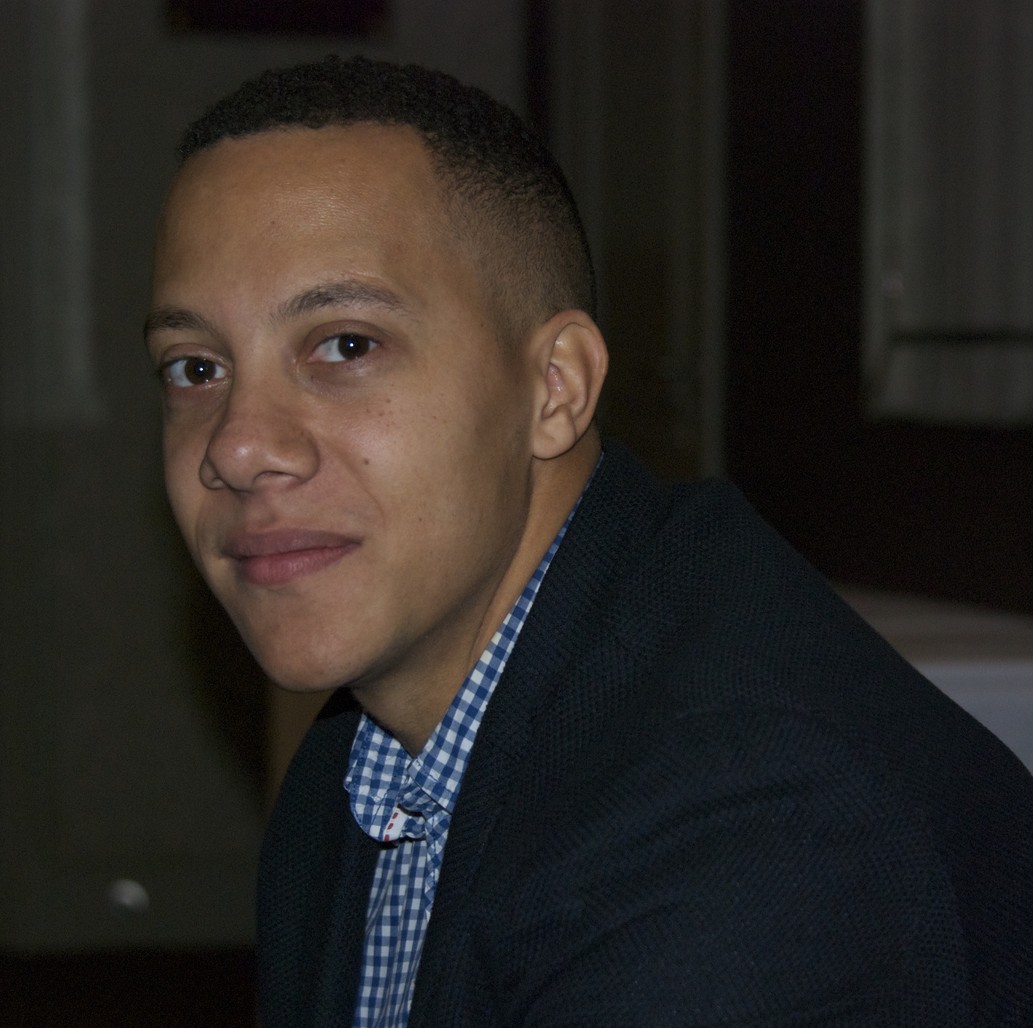
CamBioScience & University of Cambridge - UK
Chibeza Chintu Agley is the founder CEO of the start-up software company CamBioScience Limited and a Fellow of Homerton College, University of Cambridge. CamBioScience has built a cloud learning platform that combines cutting-edge and internationally sourced content with custom-built Artificial Intelligence and Augmented Video Reality technology to meet the demands of the rapidly advancing fields of science and technology. Chibeza Agley has received several research awards prior to founding CamBioScience, including the Colt Foundation Prize for Best Research Project and the Tadien Rideal Prize for outstanding doctoral research in molecular science.
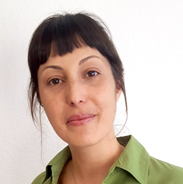
European Molecular Biology Laboratory (EMBL), Heidelberg - Germany
Julia Mahamid is a group leader in the Structural and Computational Biology Unit of the European Molecular Biology Laboratory. Her research primarily uses cellular cryo-electron tomography to provide a structural understanding of fundamental questions in cell biology. In recognition of her work, Julia has received multiple awards, including the MPIB Junior Research Award from the Max Planck Institute of Biochemistry (MPIB) and the European Microscopy Society (EMS) Outstanding Paper Award.
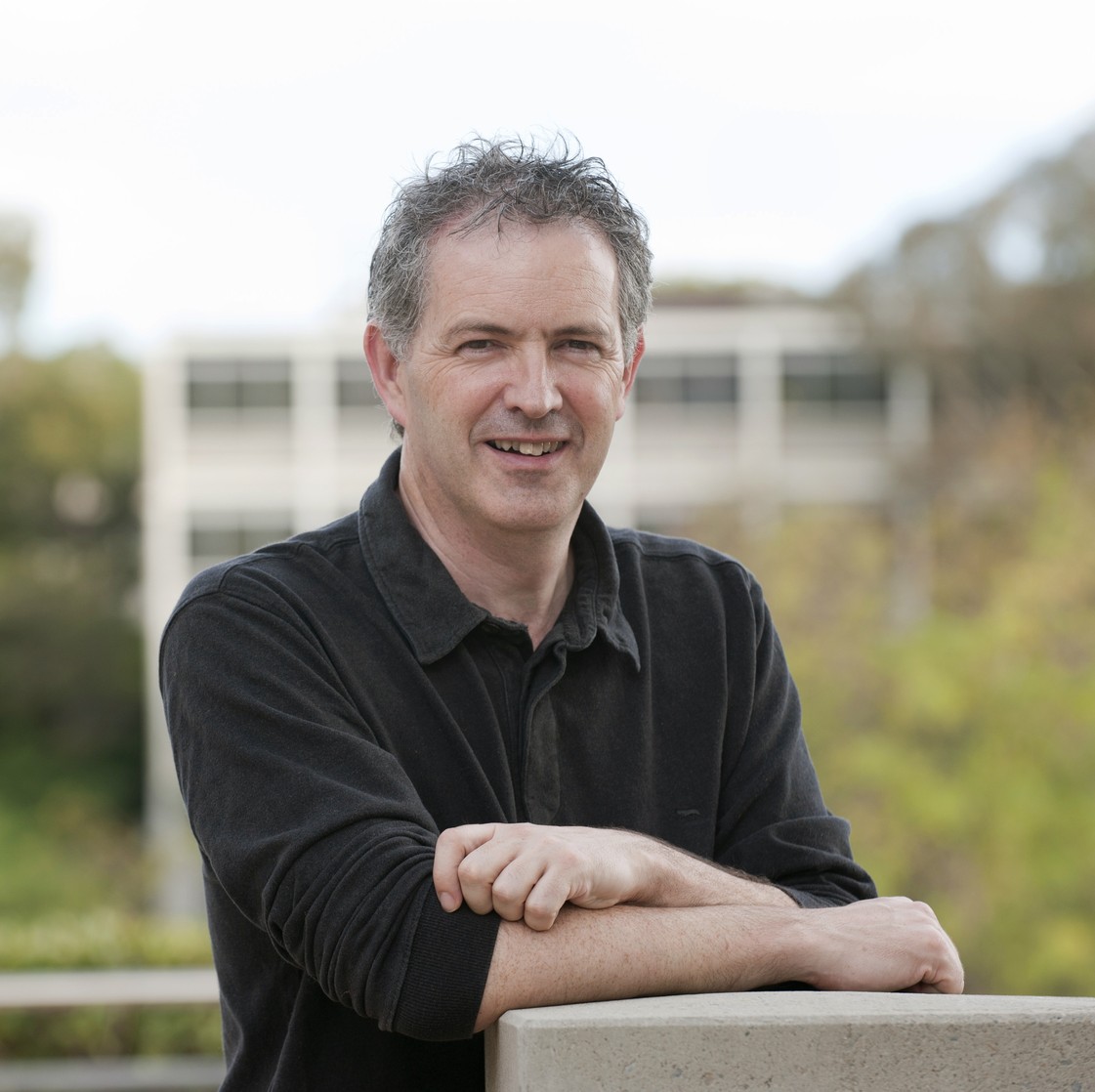
iThinkWell & Flinders University - Australia
Hugh Kearns is recognised internationally as a public speaker, educator and researcher. He regularly lectures at leading universities across the world. His areas of expertise include self-management, positive psychology, work-life balance, learning and creativity. He draws on over twenty five years of experience as a leading training and development professional within the corporate, financial, education and health sectors in Ireland, Scotland, North America, New Zealand and Australia. Hugh lectures and researches at Flinders University, Adelaide, Australia. He is widely recognised for his ability to take the latest research in psychology and education and apply it to high-performing people and groups.
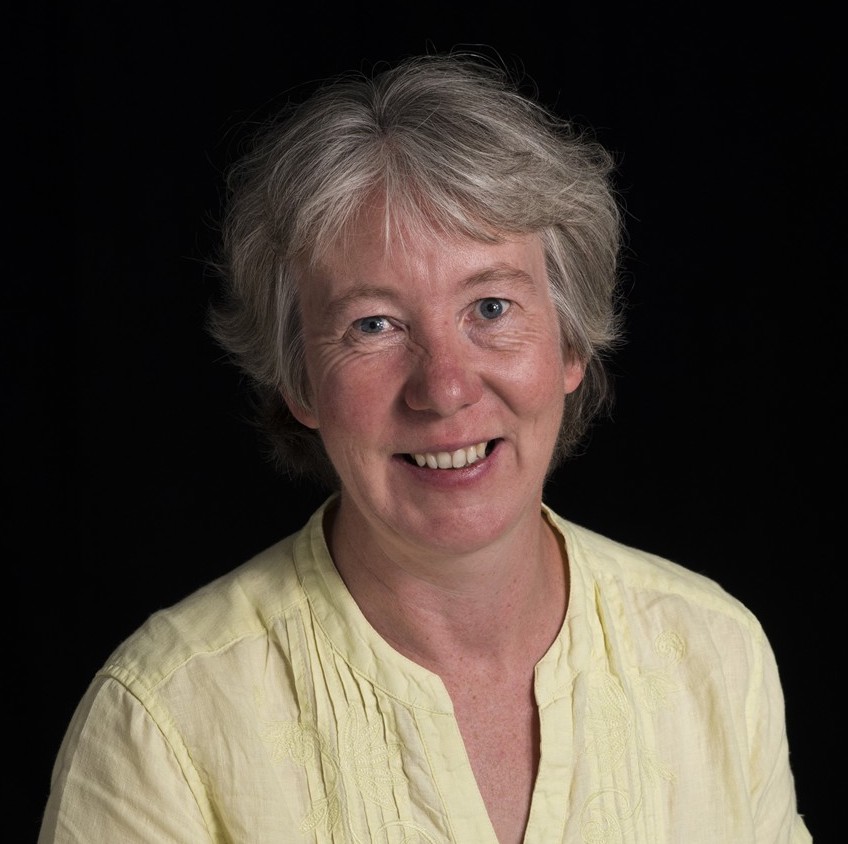
EMBO Women in Science Lecture
European Organization for Nuclear Research (CERN) - Switzerland
Pippa Wells is an ATLAS experimental particle physicist and the Head of Member State Relations at the European Organisation for Nuclear Research (CERN). After completing her doctorate at the University of Cambridge, Dr Wells joined CERN as a fellow to work on the OPAL experiment at the LEP collider. She subsequently joined the ATLAS experiment at the Large Hadron Collider. For a number of years, she was project leader of the inner tracking detector, which measures charged particles as they emerge from the interaction point, and which played a crucial role in the discovery of the Higgs boson in 2012. More recently, she led the studies to demonstrate the physics potential of a high-luminosity upgrade of the LHC. In 2016, she took on the role of Head of Member State Relations at CERN.
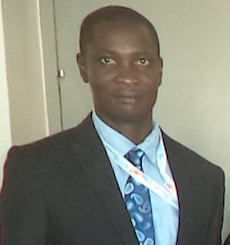
EMBO Science Policy Lecture
College of Medicine, University of Ibadan - Nigeria
Dr Amos Olalekan Abolaji is a Senior Lecturer in the Department of Biochemistry, University of Ibadan, Nigeria, researching the mechanisms by which environmental toxins contribute to the pathogenesis of neurodegenerative diseases and female reproductive dysfunctions. Since 2014, as a DrosAfrica trust collaborator, he has been training selected African researchers on the use of D. melanogaster in biomedical research, and has freely distributed different strains of flies to their institutions. Dr Abolaji is a recipient of several awards including CNPq-TWAS Postdoctoral Fellowship and a member of Society of Toxicology, Society For Redox Biology and Medicine, and European Teratology Society.
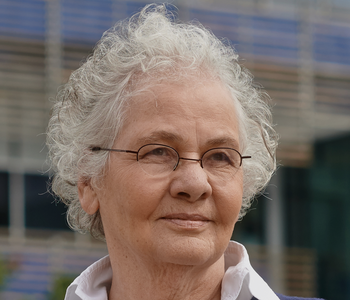
Professor Christiane Nüsslein-Volhard
Max Planck Institute for Developmental Biology, Tübingen - Germany
Christiane Nüsslein-Volhard leads an emeritus research group at the Max Planck Institute of Developmental Biology in Tübingen, focusing on the formation of color patterns in fish. From 1978 to 1981 she was a group leader at EMBL Heidelberg and later moved on to work as Director of the Max Planck Institute of Developmental Biology at Tübingen. For the discovery of genes that control development and the demonstration of morphogen gradients in the fly embryo she received a number of awards and honours, among others the Albert Lasker Medical Research Award and the Nobel Prize for Medicine or Physiology together with Eric Wieschaus and Edward Lewis in 1995. To support women with children in science she founded the Christiane Nüsslein-Volhard-Stiftung (Foundation) in 2004.
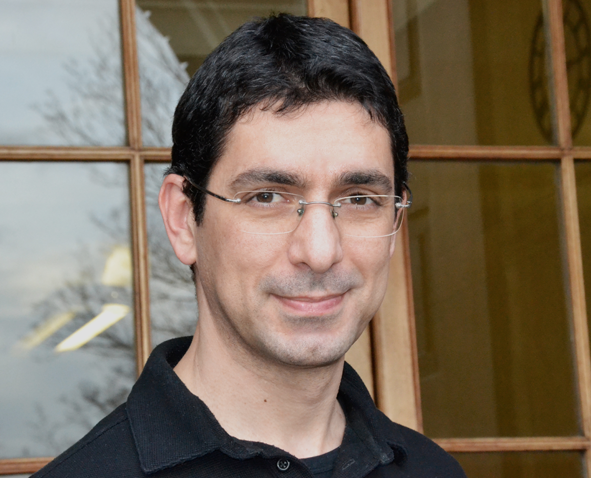
Francis Crick Institute & Imperial College London - UK
George Kassiotis is currently a Senior Group Leader and head of the laboratory of Retroviral Immunology at the Francis Crick Institute, London, UK. He is also a Professor of Retrovirology, at the Department of Medicine, Imperial College London, UK, and recipient of a New Investigator Award from the Wellcome Trust, UK. His laboratory's work concentrates on innate and adaptive immune responses to endogenous and exogenous retroviruses, as well as the broader evolutionary impact of endogenous retro-elements on the development and function of host immunity.
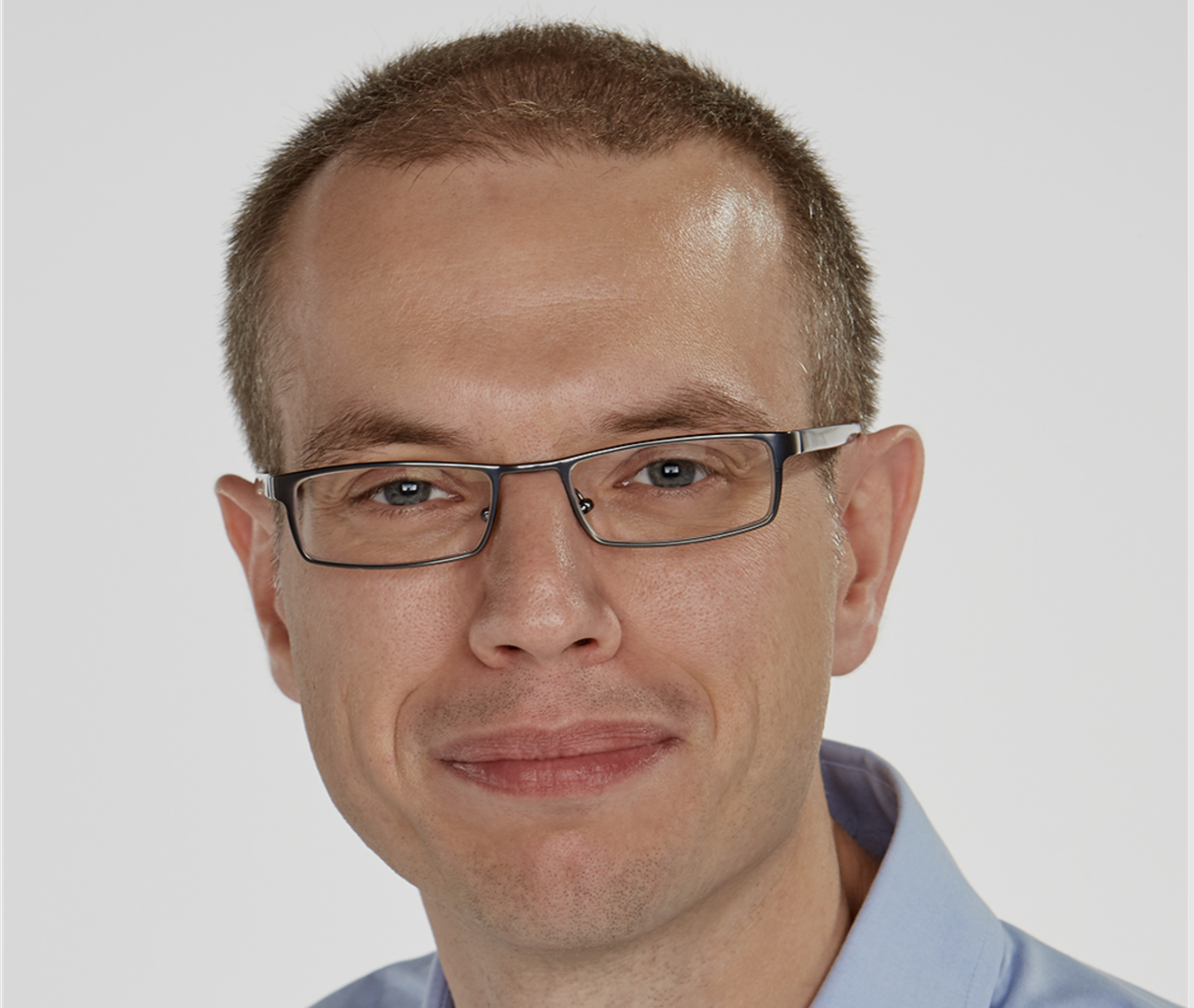
University of Zurich - Switzerland
Martin Jinek is Associate Professor in the Department of Biochemistry at the University of Zurich. His research explores two main topics – (i) CRISPR-Cas systems and their use as a genome editing technology, and (ii) RNA processing and modification mechanisms in eukaryotic gene expression. Martin Jinek studied Natural Sciences at the University of Cambridge and obtained his PhD from the European Molecular Biology Laboratory in Heidelberg. His postdoctoral research with Prof. Jennifer Doudna at the University of California at Berkeley led to the discovery of the biochemical function of the CRISPR-associated endonuclease Cas9, and was pivotal for the development of the CRISPR-Cas genome editing technology. Since starting his research group at the University of Zurich in 2013, Martin Jinek has used structural and biochemical approaches to study the molecular mechanisms of CRISPR-Cas genome editor nucleases.
| 08:00-09:00 | Registration |
| 09:00-09:30 | Symposium Opening & Welcome |
| 09:30-10:30 | The EMBO Keynote Lecture: Ewan Birney Big data in biology |
| 10:30-10:45 | Short Talk: Carolyn Shembrey Optical barcoding to characterise treatment-resistant subpopulations in colorectal cancer |
| 10:45-11:15 | Coffee Break |
| 11:15-12:00 | Lecture: Chibeza Agley A Life Scientist’s Guide to the (Software) Galaxy: A start-up journey from bench to the Cloud |
| 12:00-12:15 | Sponsored Talk: Andreas Kerstan (Agilent Technologies) Modern trends in UV Vis Spectrosopy-multi-zonal tem- prature control DNA melting and high-throughput |
| 12:15-13:15 | Lunch |
| 13:15-13:30 | Short Talk: Aline Tschanz Characterising the phycobilisome using integrative structural mass spectrometry methods |
| 13:30-13:45 | Short Talk: Melissa Leija Salazar Investigating low-level single nucleotide mosaicism in sporadic Parkinson's disease |
| 13:45-14:30 | Lecture: Hugh Kearns The seven secrets of highly successful research students |
| 14:30-15:30 | Keynote Lecture: Christiane Nüsslein-Volhard How fish colour their skin: A paradigm for development and evolution of adult patterns |
| 15:30-16:00 | Coffee Break & Round table discussion |
| 16:00-16:45 | Lecture: Timothy Fuqua A high-throughput platform for the characterization of regulatory function in embryos |
| 16:45-17:00 | Short Talk: Irma Querques Fantastic beauties and where to find them |
| 17:00-17:15 | Short Talk: Kaushikaram Subramanian Chromatin inversion in rod photoreceptor nuclei improves light transmission in the retina |
| 17:15-17:30 | Flash Talks: Matteo Trovato, Sean Miletic, Victoria Shabardina |
| 17:30-19:00 | Poster Session |
| 19:00-20:00 | Dinner |
| 20:00 | Evening Programme: Tour of Heidelberg |
| 09:00-09:45 | Lecture: George Kassiotis A million-year long infection |
| 09:45-10:30 | The EMBO Young Investigator Lecture: Martin Lenz Slimming down through frustration |
| 10:30-11:00 | Coffee Break |
| 11:00-11:15 | Short Talk: Hollie French Innate immune signalling triggered by novel flu mini viral RNAs is sequence and strain dependent |
| 11:15-11:30 | Short Talk: Malachy Maher 3D Printed Cardiac Patch |
| 11:30-12:30 | Keynote Lecture: Rebecca Fitzgerald How a sponge on a string coupled with molecular biomarkers could change the paradigm for early detection of oesophageal cancer |
| 12:30-13:30 | Lunch |
| 13:30-14:15 | The EMBO Science Policy Lecture: Amos Abolaji Building the next generation of African fly researchers |
| 14:15-15:15 | Keynote Lecture Supported by the Biochemical Society: Sarah Teichmann Travelling through tissues one cell at a time: the Human Cell Atlas and barrier tissues |
| 15:15-15:30 | Short Talk: Marika Mokou Tissue proteomics unravel novel candidates associated with early atherosclerosis: An epigenetic perspective |
| 15:30-16:00 | Coffee Break |
| 16:00-16:35 | "Ask the experts" workshops |
| 16:45-17:00 | Sponsored Talk: The Boston Consulting Group Consulting as the next step: a how-to |
| 17:00-17:15 | Short Talk: Max Frank Large-scale analysis of proteoform-specific complex formation by complex-centric proteome profiling via SEC-SWATH-MS |
| 17:15-17:30 | Flash Talks: Manik Garg, Sunny Wu, Lea Bornemann |
| 17:30-19:00 | Poster Session |
| 19:00-20:00 | Dinner |
| 20:00 | Evening Programme: Pub Quiz Night |
| 10:00-11:00 | Lecture: Julia Mahamid Molecular views into cellular function by in situ cryo-electron tomography |
| 11:00-11:15 | GBM Short Talk: Simon Merz Seeing through the murine heart: simultaneous 3D assessment of myocardial ischemia/reperfusion injury and response |
| 11:15-11:45 | Coffee Break |
| 11:45-12:00 | Short Talk: Matt Govendir Mechanics Of A Murderer: Revealing The Forces Of Cytotoxic T- and Tumour Cell Interactions |
| 12:00-13:00 | Keynote Lecture: Stefan W. Hell A minimum for maximum resolution |
| 13:00-13:45 | Lunch |
| 13:45-14:30 | The EMBO Women in Science Lecture: Pippa Wells What has particle physics ever done for me? |
| 14:30-15:00 | Panel Session |
| 15:00-15:30 | Coffee Break |
| 15:30-16:30 | Lecture: Nick Lane A bioenergetic basis for the three domains of life |
| 16:30-16:45 | Short Talk: Mengjie Hu Respiratory Syncytial Virus Infection Impacts Host Mitochondrial Organization and Function |
| 16:45-17:00 | Coffee Break |
| 17:00-18:00 | Keynote Lecture: Martin Jinek Molecular mechanisms of CRISPR-Cas genome editors |
| 18:00-18:15 | Short Talk: Caroline Martin Novel Techniques to Solve a Cold Case in the Poxvirus Field: How Vaccinia Virus Highjacks the Cell Cycle |
| 18:15-18:30 | Thank yous and Awards |
| 18:30-20:00 | Dinner |
| 20:00 | Conference Party |
Heidelberg is easily reached by train, car or plane from any country in the world. The EMBL campus is located in the neighbourhood area of Boxberg which is approximately 10 minutes by car from Heidelberg's city centre.
Reaching us by train, plane, or car.In addition to public transportation we will provide buses from Heidelberg to EMBL. The bus timetable is provided below.
On Saturday there is no public bus with a direct connection to EMBL. You will have to use the buses provided by us.
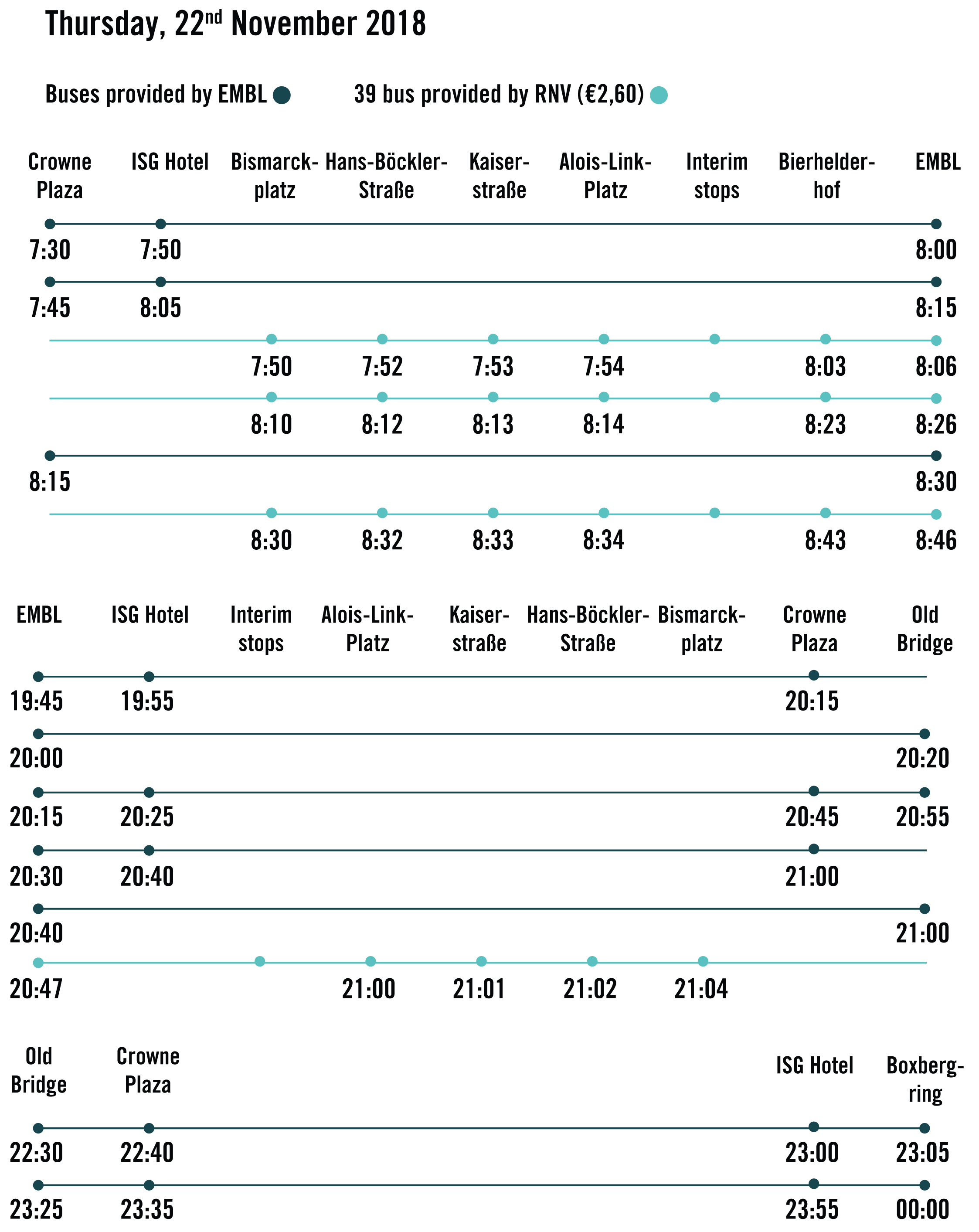
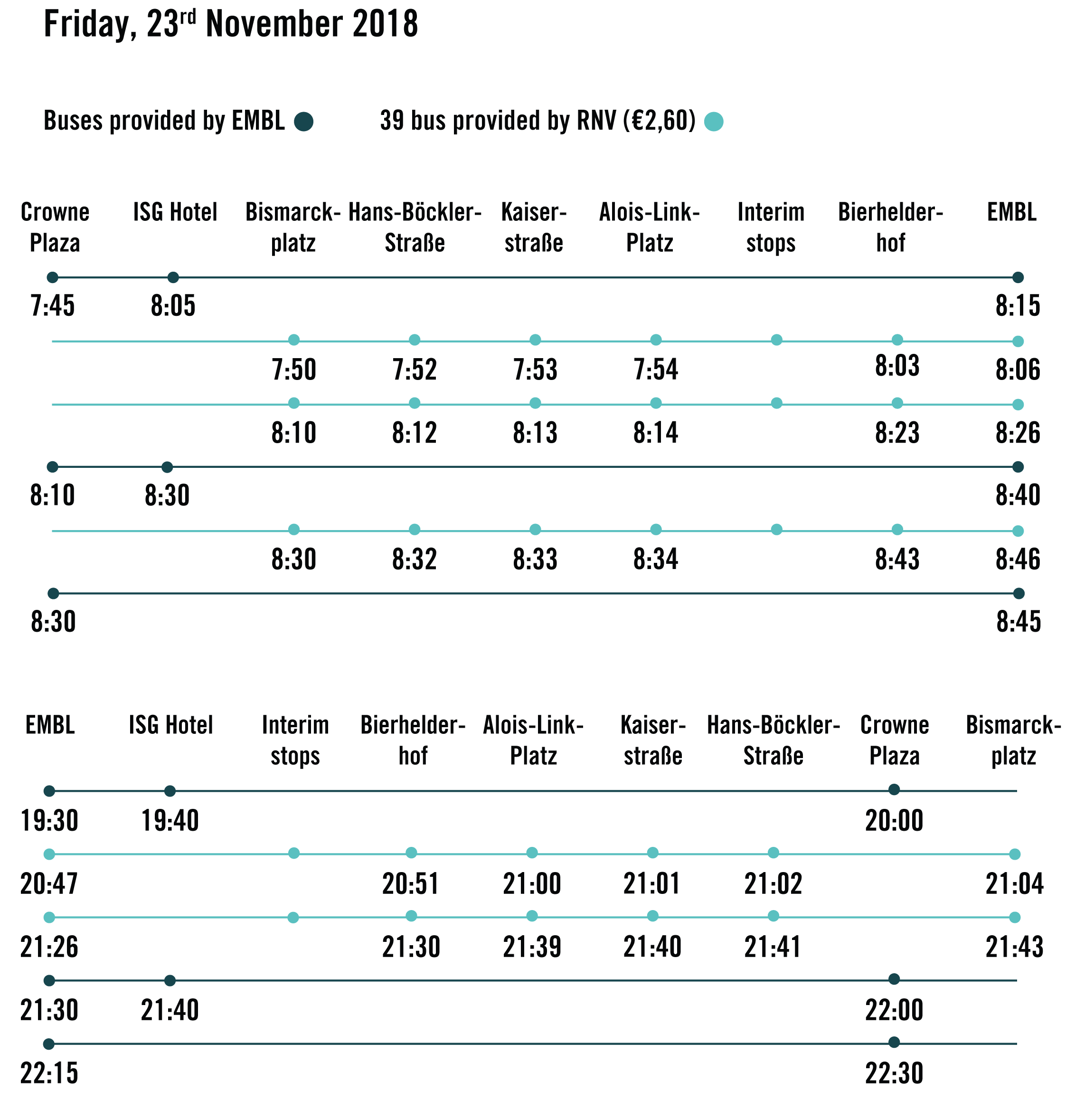
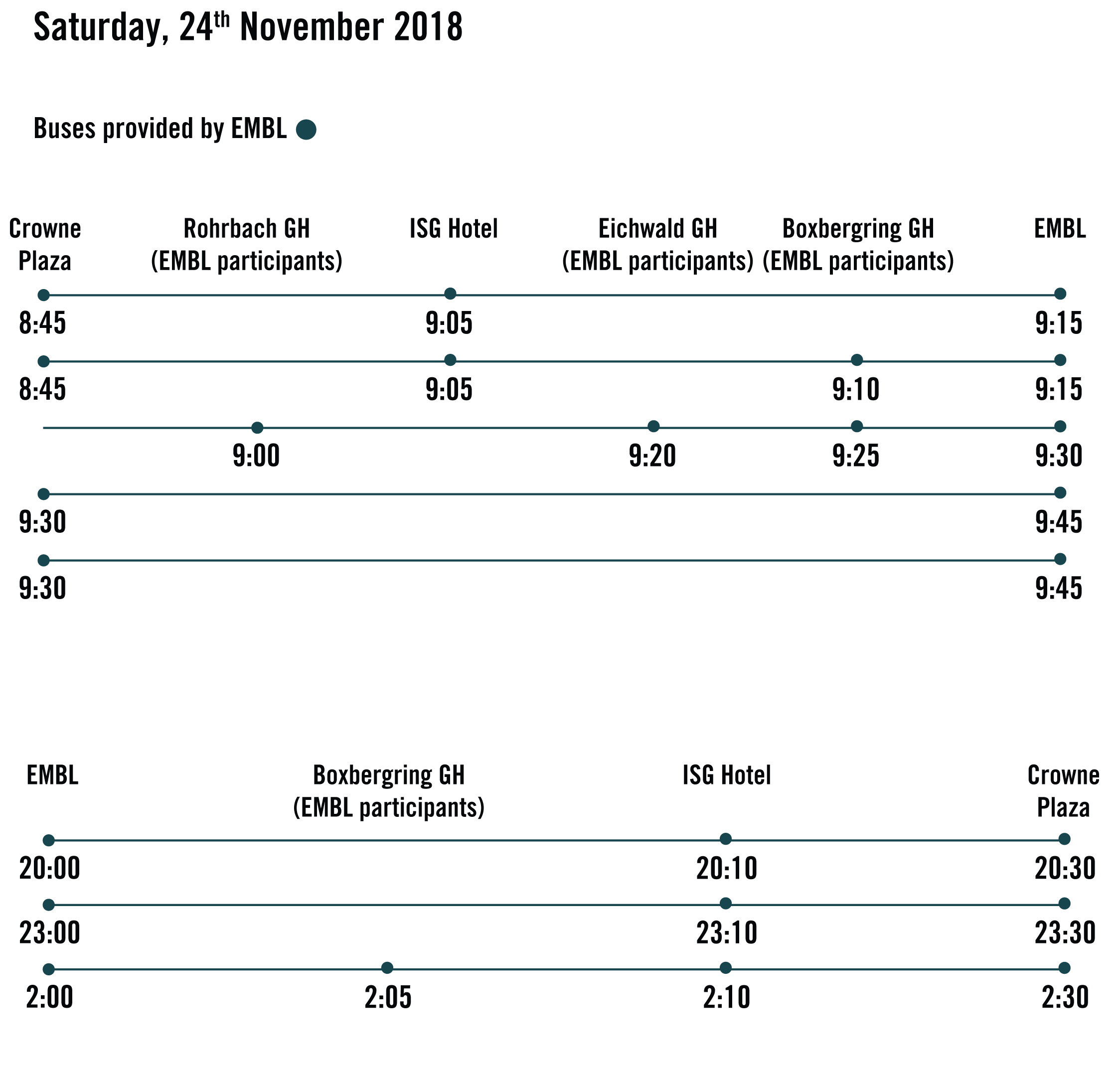
Prior to travelling to Germany, some applicants from certain countries may have to acquire special travel documents, such as a visa. Applicants are strongly encouraged to check with the local German Authorities (Embassies or Consulates) about the need for special travelling documents. Since the process may be time consuming, applicants are advised to make such arrangements as soon as possible. Failure to obtain a visa after the deadline for participation in the conference will not result in a refund. Applicants are responsible for providing the right documentation needed for their entry into Germany. However, upon request, the Organising Committee can issue a formal letter of acceptance to the symposium for the purposes of obtaining a visa. Please be aware that no visa letters will be issued before payment of the registration fee. The organising committee can not be held responsible in the case of a refusal by German authorities to enter German territory.
The registration fee does not include accommodation, which has to be
personally arranged.
The EMBL/ISG Hotel is now fully booked, but if you still need to book
accommodation, the Leonardo Hotel Heidelberg City
Centre has corporate rates available for participants of the Game Changers
symposium. Rooms will cost 125 EUR per night (including breakfast) or 143
EUR for a twin room. The hotel is 7 minutes walk away from our downtown
bustop at the Crowne Plaza hotel.
Please quote "GameChangers" in order to access the discounted rate.
There are a number of options for obtaining a travel grant:
Please note that you need to apply independently to these grants.
If you require any assistance please do not hesitate to contact the
Symposium Organisers.
| Early Bird | Deadline | |
|---|---|---|
| Registration: | ||
| Abstract submission: | ||
| Travel grant application: | ||
| Payment deadline: |
Registration is now closed.
To receive updates about the Symposium subscribe below.
The EMBL PhD symposium will provide an invaluable networking environment for your company to enhance the profile amongst the molecular biosciences research community, especially towards the young generation. The symposium will offer prime opportunities for your company to promote your new products, latest technology, and services. If you are interested in sponsoring our symposium and would like to have more information, direct your enquires to us.